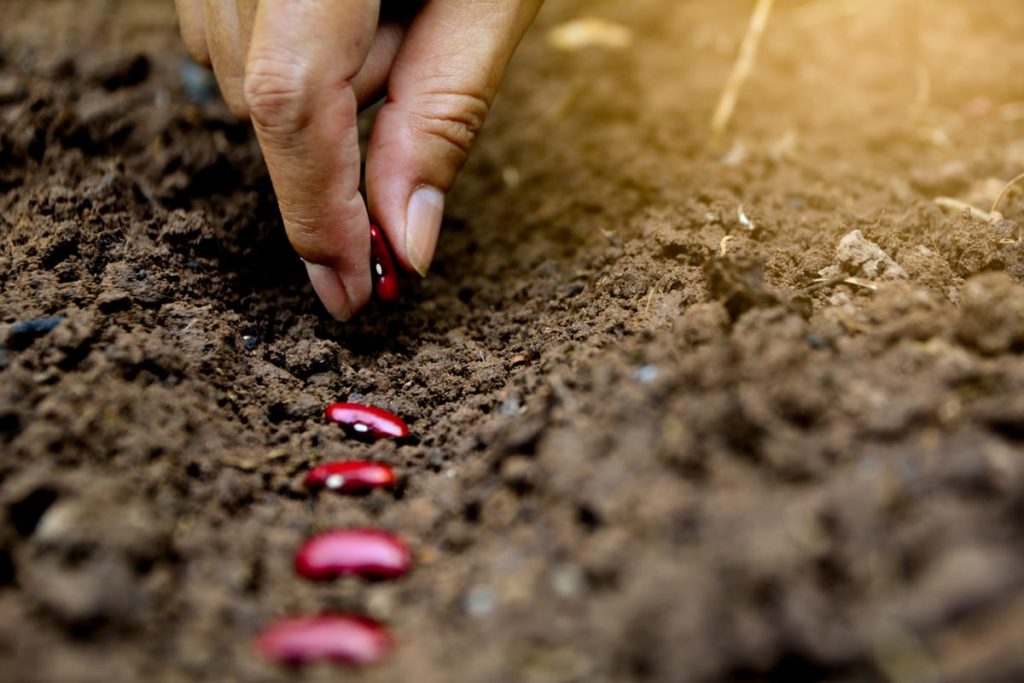
The New Year energy is elevating to the spirit. When we feel more optimistic, it’s only natural want to do better. For many, this involves health goals with an emphasis on weight loss and detoxification, which can lead to many drastic changes that may not be seasonally appropriate.
According to Ayurveda, wellness is a balance of the mind, body and spirit, in tune with nature’s rhythms. To understand how this applies in the winter season, we explore some of the top dos and don’ts for launching a healthy New Year.
First: understand the Vata season
Each season in Ayurveda is associated with one of the three Doshas (Vata, Pitta, Kapha). The Doshas represent a combination of elements – earth, water, fire, air and ether. As the seasons shift throughout the year, the balance of elements also changes – from dry to wet, hot to cold and rough to gentle.
New Year’s in the Northern Hemisphere arrives in the middle of Vata season, which is composed of air and ether elements. It’s cold, windy, rough, light, mobile and dry during this time, just like the air and ether elements. These qualities in the atmosphere increase the same qualities in our minds and bodies, which explains the seasonal tendency of many to suffer from increased dry and brittle skin, hair and nails, constipation and bloat, anxiety and vulnerability to colds and flus.
To stay balanced amidst this dominance of air and ether, it is helpful to minimize any activity which increases Vata.
Don't: go extreme with sudden or drastic changes.
Do: ease into change, one step at a time.
Simply put, Vata Dosha is aggravated by extremes, and since Vata is already vulnerable to excess and aggravation at this time of year, you don’t want to push it. Extreme changes not only cause imbalance of Vata; they can also be the true culprit for why change won’t stick.
If it’s too sudden or forced, the resulting shock to the system will undermine benefits. We’re creatures of habit down to the cellular functions of our bodies, which means a “slow and steady” approach will ultimately win over a quick fix, bootcamp or cold turkey attitude.
Extremes to avoid include:
Too many changes at once – e.g. a new workout, diet, schedule and your new year’s manifestation goals all at once. Try just one or two changes at a time.
Changes that are too sudden – e.g. getting up 2 hours earlier than usual, starting tomorrow. Ease into it in 30min increments over the course of several days.
Changes that are too intensive – e.g. working out for 1 hour every day. You will adapt and feel better with rest days and workouts which aren’t depleting at at this time of year.
Don't: burn out with too much high intensity exercise
Do: stay active with moderate activity.
Tis the season of hibernation for a reason. The sun’s rays are weaker, offering less warmth and “conversion” energy. In this cold, rough, light and mobile atmosphere, plants conserve energy in their roots and produce less. Likewise, animals enter a season of less activity, focused on sustaining. Everything slows down, and in some cases, literally freezes. Our modern conveniences can trick us into losing touch with this natural rhythm. While electricity provides us light and warmth, there’s no inside our outside; our cells respond to the shift in daylight hours and solar power.
Exercise is a form of movement, which means it is inherently a Vata activity. For the human system which is not designed to fully hibernate, it’s important to stay active to help your body perform its daily functions. To counteract the Vata in the air, a moderate exercise routine is better than one which is intensive, with emphasis on calming, rejuvenating and restorative movements.

Don't: overdo the raw foods and juices.
Do: enjoy fruits, vegetables and grains with emphasis on warm, cooked and moist.
Cold and rough foods vitiate Vata Dosha, which includes raw, fibrous veggies and fruits. While packed with nutrients in their raw form, it takes a lot of energy to break down the tissues of these foods. Ayurveda considers that you aren’t what you eat, but what you digest. You may find that more cooked produce at this time helps you digest better, as well as help you feel more calm and balanced.
Don't: start a harsh cleanse or detox.
Do: clean up your act gently.
Cleansing is inherently depleting to the system, and any action which pushes the system to detox beyond its current rate will be all the more depleting. Remember that sudden, drastic changes and too much raw, cold foods are imbalancing at this time of year. This rules out most cleansing programs.
Healthy eating and detoxification are still great goals and you can begin now, just think seasonal. If you want to eat more vegetables, opt for nourishing soups instead of cold salads. If you want to help the lungs, liver and kidneys detox, cut out processed foods, sip warm water and ginger tea throughout the day, meditate, breathe deeply and minimize your stress. All of these seemingly subtle actions actually have a profound impact, especially when they become daily habits.
Also Do: plan to cleanse in springtime, the optimal time for detox. Our annual Spring Cleanse begins in March – click here to learn more.

Don't: feel like you have to reach every goal NOW.
Do: make long term goals, BEGIN, and enjoy.
The shift from waning to waxing sunlight combined with the New Year consciousness can usher in an eager and optimistic energy. This is a natural time of reset. Some of us can be overeager and focused on immediate results, which can lead to disappointment or self-sabotage. During Vata season, emotions of anxiety and fear may be naturally heightened, so goals can be as exciting as they are simultaneously daunting. This is why so many people abandon their goals before the month is over.
It’s easy to forget that in the New Year, there is an entire stretch of 365 days ahead. To maximize this reset period and start building something grand, it helps to take a cue from nature. An excellent visual for meditation this season is the growth cycle of a plant. Before the plant has reached its lush foliage, flowering or fruiting stages, many weeks or months of development are required. We cannot even see what happens beneath the soil as the chemical miracle of life unfolds between seed, soil and water. The successful gardener is patient, focused on the here and now. While on the surface, the ground is quiet, perhaps you can feel the radical change breaking open that seed and springing forth its first shoots.
Keep watering that seed every day.
About the author
-

Jamila is a certified Ayurvedic Wellness Counselor (AWC), Yoga Teacher (CYT) and Level I Reiki Practitioner. She earned her Bachelor of Arts (BA) in Literature & Journalism from New York University and channels her combined marketing skills, artistry and ancient wisdom to spread content seeds that elevate the attention economy, promote healing and radical planetary growth. In her dedication to...

